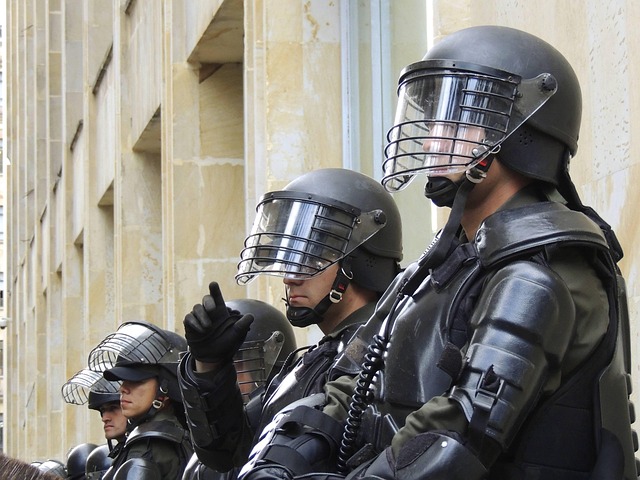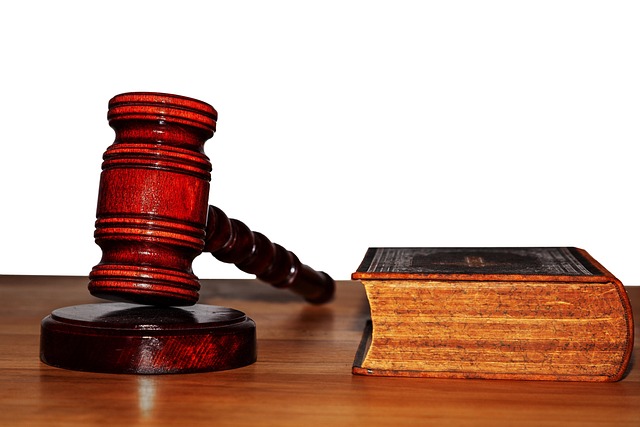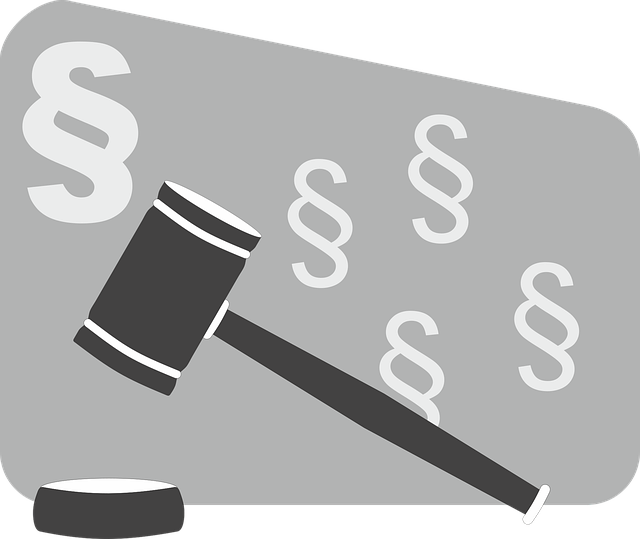C-Level Investigations uncover corporate misconduct, demanding deep understanding of business structures and legal frameworks to gather strong evidence, including financial records, emails, witness statements, and digital clues. Digital forensics, crucial in the digital age, extracts data from various sources to uncover Types of Evidence Used in Criminal Prosecution. Witness testimony, corroborated with these types of evidence, is paramount in criminal trials, especially for complex white-collar crimes.
In recent years, C-level investigations have gained significant attention as organizations strive for transparency and accountability. This article delves into the intricate world of high-level probes, focusing on uncovering corporate misconduct. We explore essential components like digital forensics, where various types of electronic evidence play a pivotal role in prosecution. Additionally, we highlight witness testimony’s significance in criminal trials, examining key components that can strengthen cases involving complex financial crimes. Understanding these elements is crucial for navigating modern legal challenges.
- Understanding C-Level Investigations: Uncovering Corporate Misconduct
- Digital Forensics: Types of Electronic Evidence in Prosecution
- Witness Testimony: Key Components in Criminal Trials
Understanding C-Level Investigations: Uncovering Corporate Misconduct

C-Level Investigations refer to thorough and meticulous probes into high-level corporate misconduct. These investigations are often launched in response to suspicions of fraud, corruption, or other illegal activities at the highest echelons of an organization. Uncovering Corporate Misconduct requires a deep understanding of complex business structures, financial transactions, and legal frameworks. The aim is to gather compelling evidence that can stand up in court, similar to the types of evidence used in criminal prosecution. This includes financial records, emails, witness statements, and any digital or physical clues that might shed light on unethical practices.
In high-stakes cases where C-level executives are involved, the bar for evidence is set incredibly high. To win challenging defense verdicts, legal teams must possess an unprecedented track record of successful investigations and trials. They need to be adept at navigating complex labyrinths of information, uncovering hidden remnants, and piecing together a clear narrative that demonstrates corporate misconduct. This meticulous approach ensures that justice is served, and the integrity of the business world is preserved.
Digital Forensics: Types of Electronic Evidence in Prosecution

In the digital age, investigating and prosecuting crimes involving technology has evolved dramatically. Digital forensics plays a pivotal role in uncovering and presenting types of evidence used in criminal prosecution, particularly in cases of white collar and economic crimes. This specialized field focuses on extracting and analyzing digital data from various sources, ensuring its admissibility in court. Experts employ advanced techniques to recover deleted files, extract data from mobile devices, and trace online activities, providing crucial insights throughout the entire investigative process.
The process encompasses all stages of the general criminal defense strategy, from initial data collection to final presentation at trial. Digital forensics experts work collaboratively with law enforcement and legal teams, ensuring that evidence is handled meticulously to maintain its integrity. By employing these sophisticated methods, investigators can expose fraudulent schemes, uncover hidden transactions, and provide irrefutable proof, ultimately strengthening the case against accused parties.
Witness Testimony: Key Components in Criminal Trials

In criminal trials, witness testimony holds immense weight as it provides firsthand accounts and subjective experiences that can shape the narrative of a case. This verbal evidence is crucial for building a compelling argument, especially in complex high-stakes cases such as white collar and economic crimes where the truth may be shrouded in intricate financial transactions and legal loopholes. The reliability and credibility of witnesses are paramount, and lawyers meticulously scrutinize their recollections during cross-examination to uncover potential biases or inconsistencies.
Effective witness testimony involves several key components. These include clarity in recounting events, coherence in the story, and corroboration with other types of evidence used in criminal prosecution. In high-profile white collar defense cases, where large sums of money and complex schemes are involved, multiple witnesses with varying perspectives may be called upon to piece together a comprehensive understanding of the crime. Ensuring that each witness’s testimony aligns with the overall strategy is essential for building a robust defense.
C-level investigations are pivotal in exposing corporate misconduct and ensuring accountability. By combining insights from understanding these inquiries, digital forensics’ role in uncovering electronic evidence, and the importance of witness testimony, we can fortify criminal prosecutions. Utilizing various types of evidence, including digital data and eyewitness accounts, is essential to securing just outcomes. Staying informed about these developments enhances our ability to navigate complex legal landscapes and contribute to a more transparent business environment.






